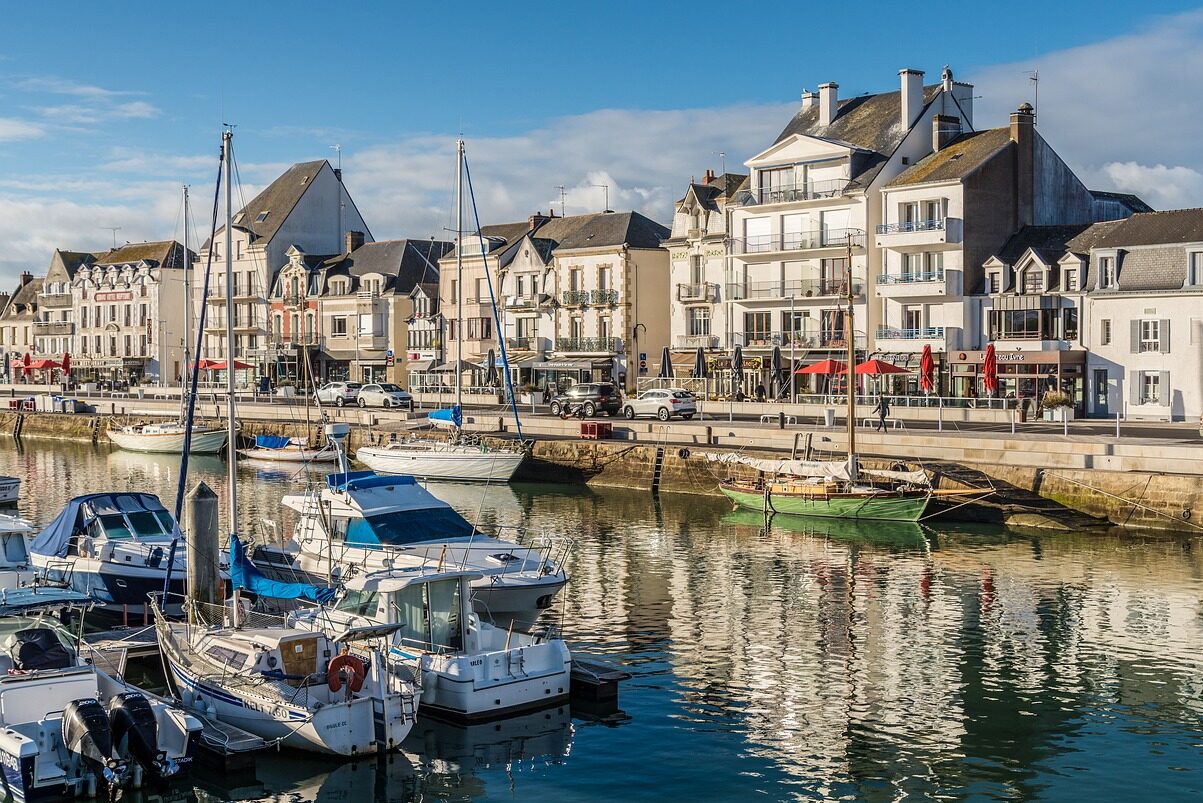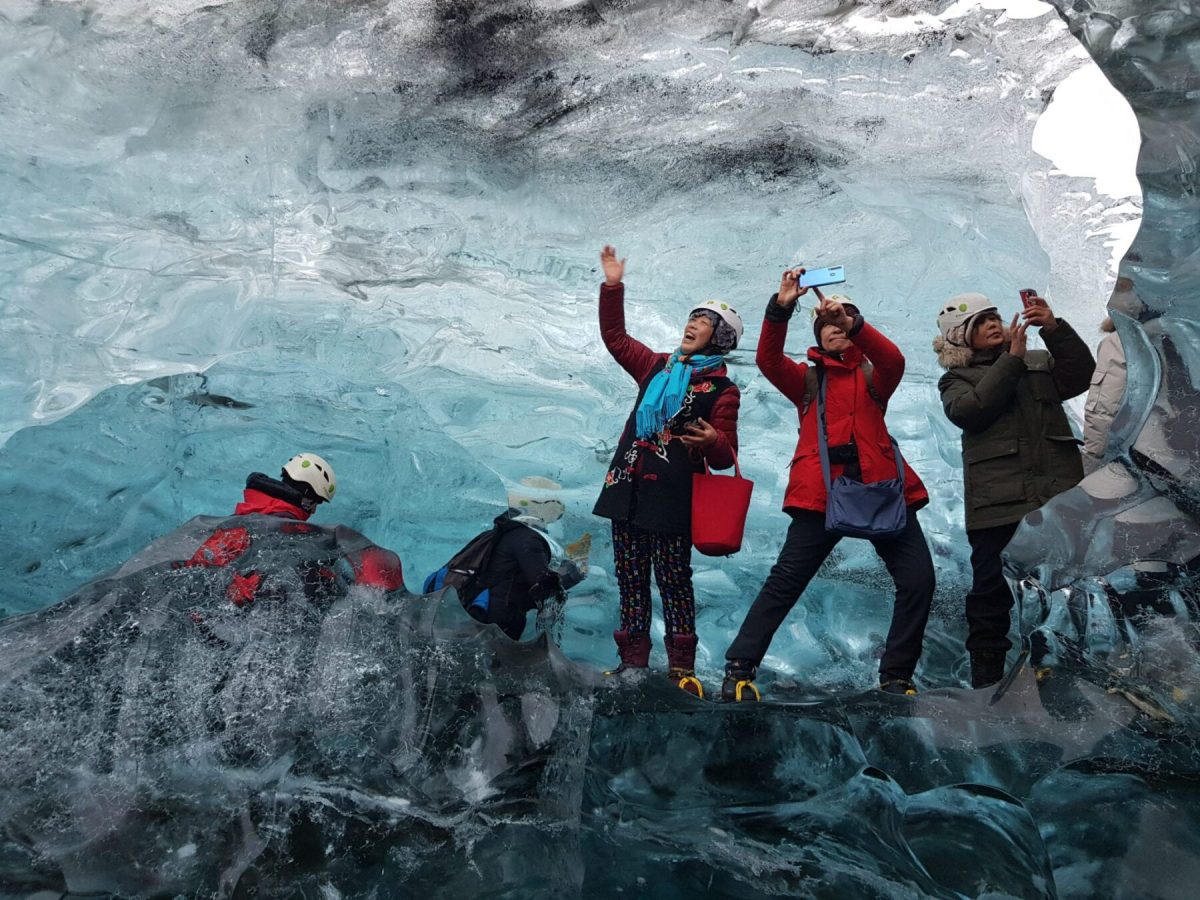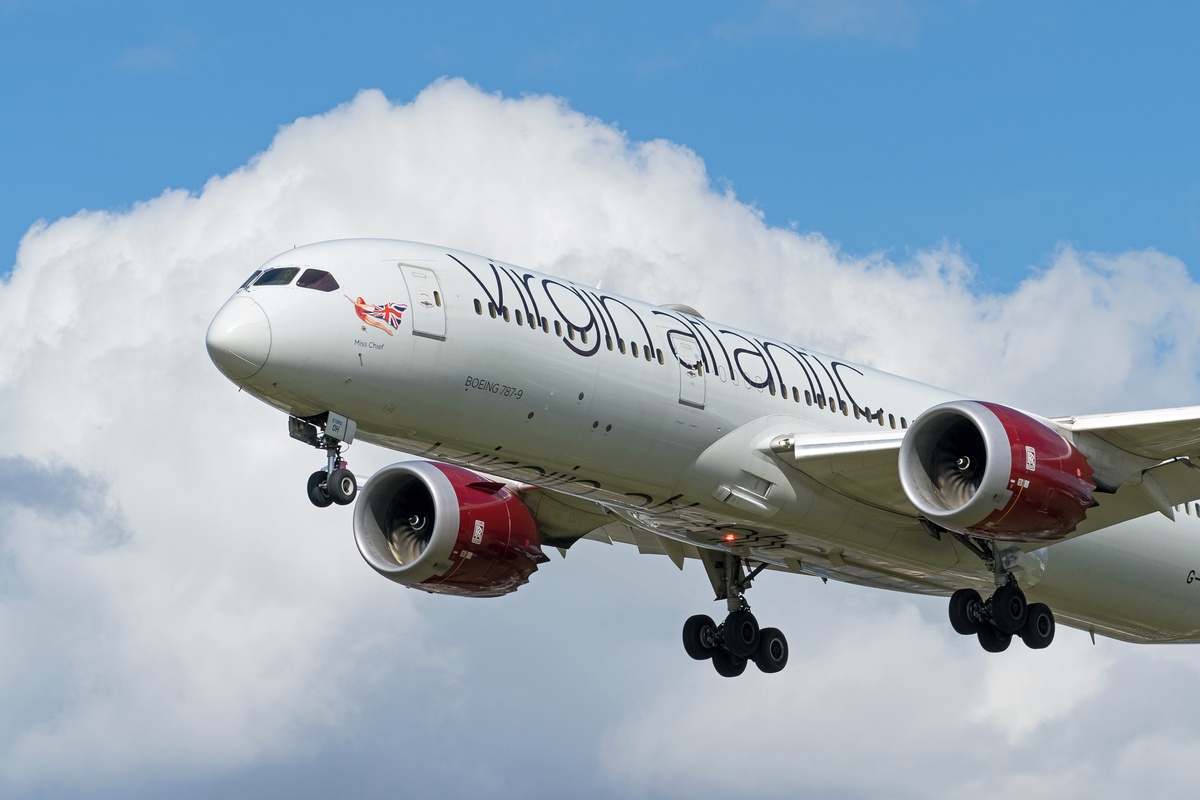Ask Skift: Why Is Summer Travel So Difficult?

Skift Take
This summer has seen an enormous surge in travel demand with a record 50 million Americans having made plans to travel for the recent Fourth of July weekend.
Summer 2022 was plagued by travel disruptions and this year has had plenty as well. The three major New York City-area airports were hit by a combined more than 2,000 flight cancellations roughly a week before the busy holiday period.
So why is summer travel so difficult? Ask Skift, our artificial intelligence chatbot, provided answers to the question using information that has appeared in our daily news stories, Skift Research reports, and other products — including Airline Weekly, Daily Lodging Report, and Skift Meetings.
Here are those responses as well as more information we found about the factors that have complicated travel for millions this summer.
Air Traffic Control Issues
Ask Skift said:
Particularly in Europe, air traffic control issues have caused delays and cancellations, with insufficient capacity in the airspace leading to these disruptions.
What else you need to know:
The lack of air traffic controllers has been a major problem in the U.S. airline industry in recent years. The chair of a U.S. Senate panel overseeing aviation issues argued in March 2023 that the Federal Aviation Administration needed more air traffic controllers to address surging travel demand. The shortage of air traffic controllers was considered to be a factor in the large number of recent flight disruptions in the New York area.
U.S. Secretary of Transportation Pete Buttigieg acknowledged in May that the FAA was short roughly 3,000 air traffic controllers and filling those positions would take years of hiring and training. A government audit released last month found the FAA doesn't have a plan to deal with the staffing challenges hitting U.S. air traffic control facilities.
Meanwhile, emerging air traffic controllers issues are poised to complicate travel in Europe this summer. Roughly a third of European flights could be cancelled or delayed if air traffic controllers proceed with their plans to go on strike.
Labor Shortages
Ask Skift said:
Travel businesses have been dealing with labor shortages, which means service may be slower or hotel rooms may take longer to open up, as fewer staff are available to accommodate travelers May 2021.
What else you need to know:
Although U.S. hotels are continuing to add jobs, the hotel industry — as well as leisure and hospitality, as a whole — still hasn't recovered to pre-pandemic employment figures. Overall employment in leisure and hospitality is 2.2%, or roughly 369,000 jobs, below February 2020 levels while employment at U.S. hotels is about 11%, or about 229,000 jobs, under pre-pandemic levels.
Other sectors of the travel industry are also struggling with labor shortages. Jonathan Ornstein, chairman and CEO of the Mesa Air Group, said in April 2023 that pilot shortage issues could last for another five years.
In addition, Faye Malarkey Black, president and CEO of the Regional Airline Association, told Congress the same month that the U.S. airline industry was about to be hit with a “tsunami of pilot retirements” that would exacerbate the country's pilot shortage.
Visa Issues
Ask Skift said:
Travelers may face difficulties in obtaining necessary visas for their destinations. For instance, delays in issuing Schengen visas have impacted travel to Europe, with the visa processing times interfering with travel plans.
What else you need to know:
Visa processing delays — a subject Skift examined in a 2023 Skift megatrend — have made travel difficult to Europe and the U.S., among other destinations. One India-based travel executive acknowledged it's taken as long as 45 days for travelers to get an appointment for a Schengen visa.
In addition, Ghassan Al-Khatib, a Dubai-based luxury travel expert, admitted in May that the only people from the United Arab Emirates able to travel to Europe this summer were those who already had visas. He said the only option for preventing the lengthy wait times was applying for Schengen visas at least six months in advance.
Visas delays are also expected to be a major drag on the U.S. economy, with the U.S. Travel Association estimating that they would cost the U.S. travel industry nearly $7 billion in travel spending this year.
U.S. lawmakers have called on the Biden administration to make addressing the lengthy waits Indian travelers must endure for a U.S. visitor visa a priority. Visa delays have been considered the biggest hurdle to increasing tourism from India to the U.S.
However, the visa waits in some U.S. consulates in India have dropped from more than 600 days to less than a year after the U.S. government took steps such as hiring more staff at consulates and making embassies available to Indian nationals in other countries.
Budget Constraints
Ask Skift said:
Travelers are becoming increasingly budget-conscious and are making adjustments to their travel plans to save money. This includes traveling off-season, choosing less expensive destinations, or altering modes of travel. For example, a study found that 17% of travelers aim to travel off-season to get better prices, and 14% plan to take vacations in destinations they perceive as more affordable
What else you need to know:
Skift Research found in its U.S. Travel Tracker for December 2022 that 34% of Americans planned to decrease their travel spending in the following 12 months because of the high prices of travel products. The report also stated the majority of Americans believe their personal financial situation will worsen during the same period.
Concerns about travel becoming more expensive aren't just limited to U.S. travelers. A recent study by the European Travel Commission revealed that 24% of European travelers are concerned about the overall rise in trip costs, with of 15% stating they would choose cheaper restaurants and less expensive lodging.
The cost of travel has indeed surged this year, with airfares from the U.S. to Europe the highest they've been in more than five years, according to online travel agency Hopper. The company also found that while domestic airfares in the U.S. are 19% down from last year, they're still well above the 2019 level.





